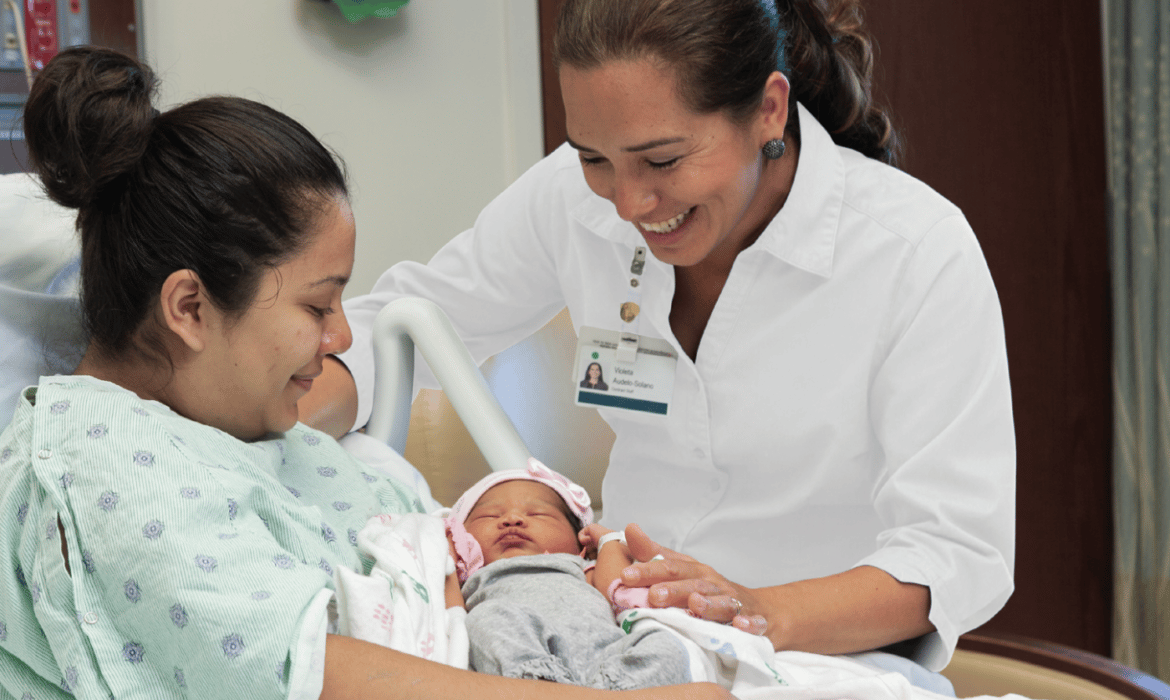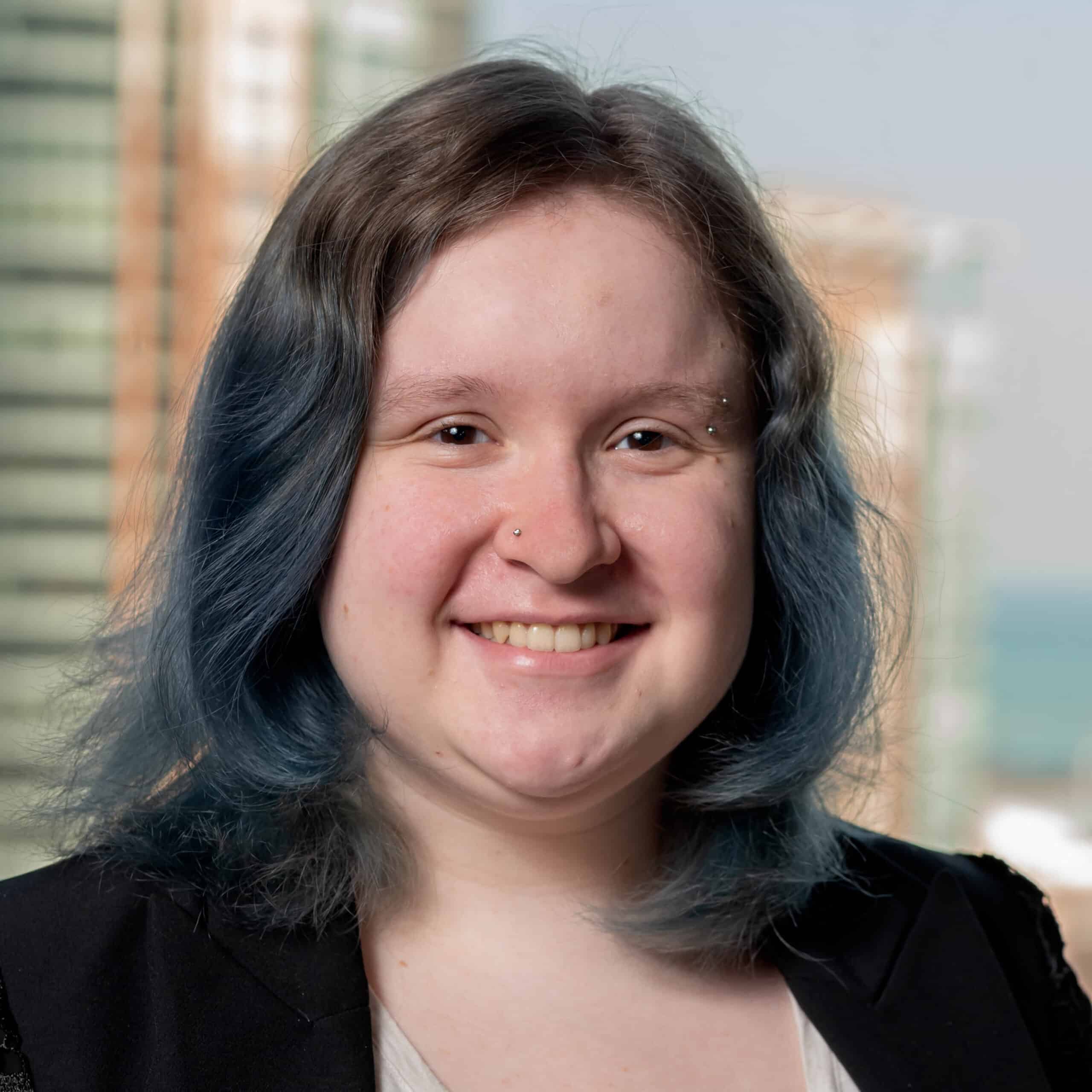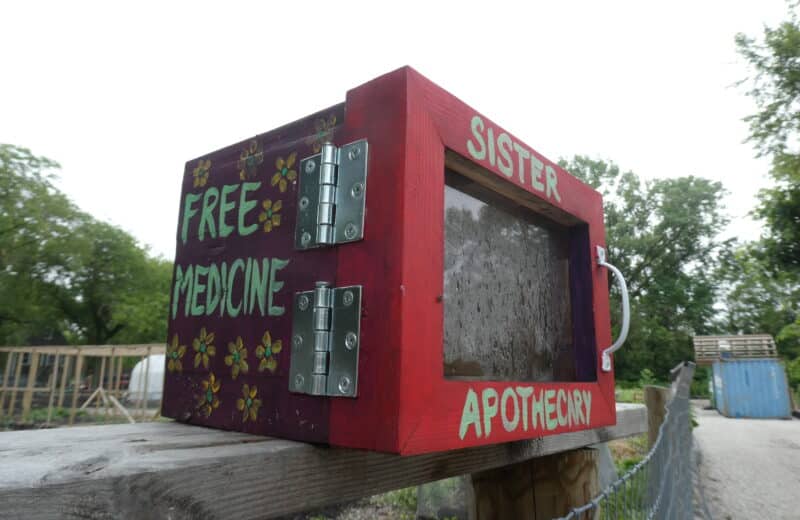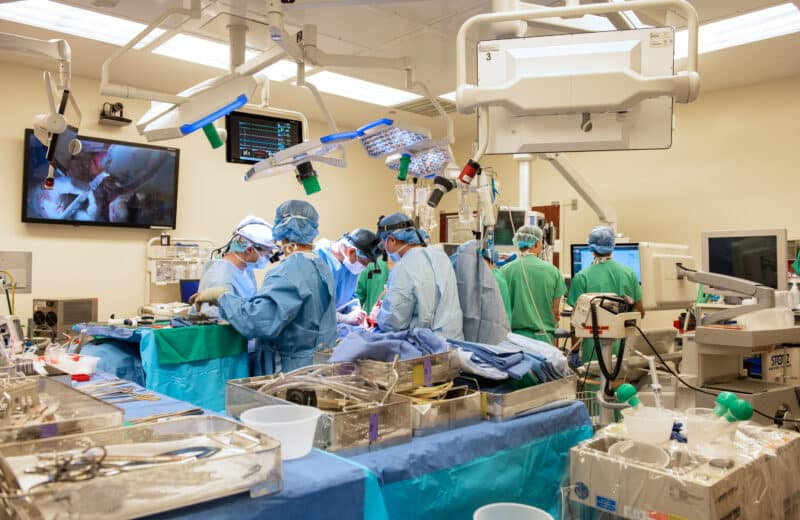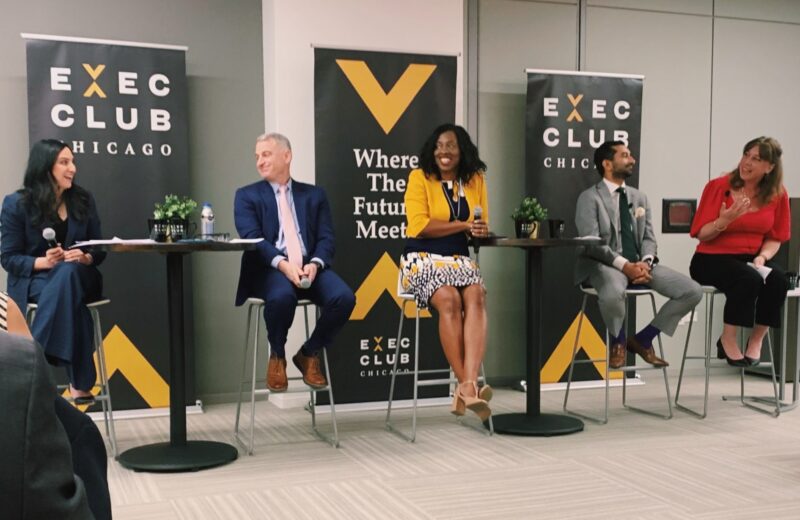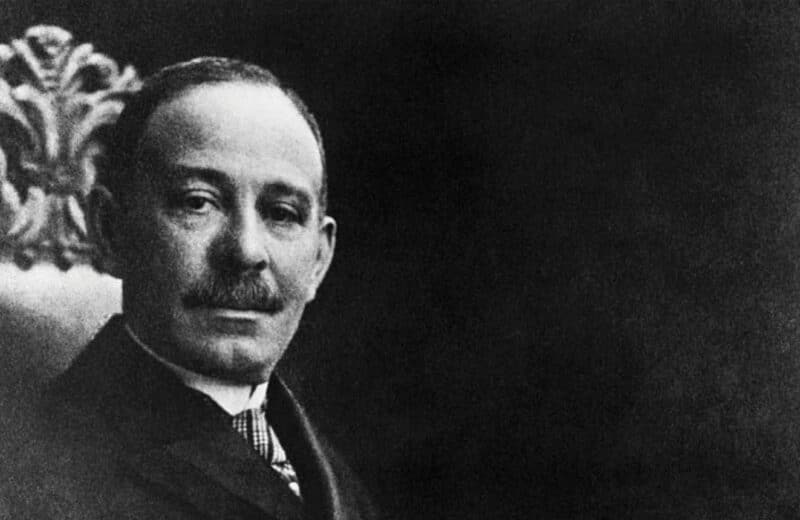Interpreters and community health workers build healthcare connections
A confused, non-English speaking patient arrived for chemotherapy at a local community hospital one afternoon. She wanted to know why she always felt worse after treatment. Perplexed, the woman’s care team called an on-staff interpreter to help both sides understand what was happening. The interpreter deduced that the woman didn’t know she had cancer. Her son, who spoke English, hadn’t told her.
Hospitals typically try to avoid such situations by prohibiting family members from acting as translators. Policies often call for professional interpreters, trained specifically in medical terms, to step in when patients don’t speak English well enough to navigate their care.
“The patient should know their diagnosis and make an informed decision,” says Alejandra Robledo, manager for interpreter services at Ascension Mercy. Although patients can refuse the free interpreter services, healthcare providers may still request an interpreter in the room.
Ascension Mercy has seven full-time Spanish interpreters on staff, as well as access to on-demand video and phone services in other languages, including American Sign Language. All services are confidential and adhere to ethical boundaries, which include not speaking to the patient without a provider in the room and not explaining concepts beyond what the provider says.
“I am the voice for [the patient] and for the provider,” Robledo says.
Navigating cultures
Medical interpreters aren’t the only ones who help patients. Some hospitals also offer community health workers (CHWs), who navigate cultural barriers to care.
Northwest Community Healthcare in Arlington Heights has two full-time, Spanish-speaking CHWs. They often support people with social and medical needs at the bedside and after discharge. While the majority of the patients they work with speak Spanish, they also support English-speaking patients, as well. They often assist people who don’t have a primary care physician, are on Medicaid, or who are self-paying.
CHWs focus on connecting patients with medical homes and resources. They may accompany people to their first doctor’s visit at a different facility or help them obtain documentation from their home country’s consulate, says Violeta Audelo-Solano, a community health worker at Northwest Community Healthcare.
“We try to understand the plan and be the liaison. I like the word ‘cultural brokers’ because we’re like a bridge between healthcare and our patients.”
“We have a very [close] contact with the patient, and they feel very comfortable with us,” Audelo-Solano says. “We try to understand the plan and be the liaison. I like the word ‘cultural brokers’ because we’re like a bridge between healthcare and our patients.”
Protecting a family member from negative health news is instinctive in some cultures. In fact, in the 2019 movie “The Farewell,” based on a true story, the family goes to great lengths to protect their ill matriarch. They even plan a fake wedding so family members can reunite one final time.
But patients do have rights, no matter how difficult the diagnosis. Interpreters and CHWs respectfully help families navigate those cultural differences, finding the best care for their loved ones.

